News
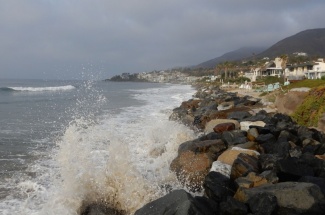
A brief stroll along the Santa Barbara seashore leaves no doubt that our beaches are in peril. Stronger storms, bluff erosion and sea-level rise all threaten our coast. Without intervention, two thirds of Southern California’s beaches will be inundated by 2100, according to the U.S. Geological Survey. But rather than merely reacting to what the ocean throws at us, the state of California has commissioned a strategic plan to prepare for the future.
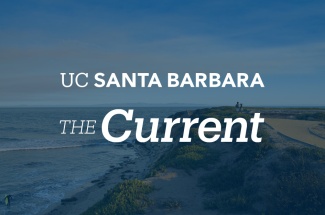
Groundwater is a critical resource around the globe, especially in dry regions, but it’s importance in sustaining ecosystems remains largely unstudied. There are many challenges in managing this precious resource for multiple purposes, including water supply and healthy ecosystems. New research has used satellite imagery and groundwater monitoring data to investigate the links between groundwater and the ecosystems they support throughout the state of California.

A first-of-its-kind recycling program at UC Santa Barbara has a plan for your old shoes — instead of throwing them out, give them new life.
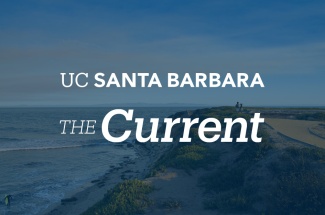
Legislators love bundling things together. It lets them accomplish more with less hassle and attempt to make legislation more appealing to a broader group. But a new study in the journal Climatic Change suggests that this can sometimes backfire. The authors found that pairing climate policies with other policies does not necessarily increase their popular appeal, and can actually reduce public support.
“The bundling strategy has the potential to address many policy issues that appeal to different constituencies,” said lead author Renae Marshall, a doctoral candidate at UC Santa Barbara’s Bren School of Environmental Science and Management. “Our study suggests that there are also…

“‘What does an edible insect taste like?’ That’s like saying, ‘What does meat taste like?’ But the taste of chicken compared to lamb is very, very different,” said Mackenzie Wade, a doctoral candidate in anthropology and co-founder of UCSB’s Edible Insect Initiative (EII). “Chefs are showing the culinary diversity of insects.”
Wade and EII co-founder Alex Carlin, an environmental studies major, have organized the Edible Insect Art Show (April 1–5) to be held in the GlassBox Gallery, featuring artwork related to insects as food, a discussion panel and tasting opportunities.
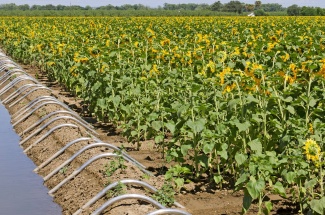
While Hollywood and Silicon Valley love the limelight, California is an agricultural powerhouse, too. Agricultural products sold in the Golden State totaled $59 billion in 2022. But rising temperatures, declining precipitation and decades of over pumping may require drastic changes to farming. Legislation to address the problem could even see fields taken out of cultivation.
Fortunately, a study out of UC Santa Barbara suggests less extreme measures could help address California’s water issues. Researchers combined remote sensing, big data and machine learning to estimate how much water crops use in the state’s Central Valley.
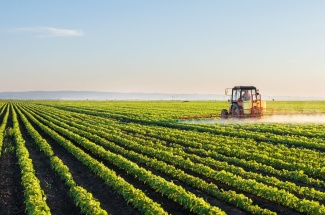
Organic agriculture may be as old as dirt, but that doesn’t mean its impacts are fully understood. A team of scientists in the United States and Canada are doing their part to change that.
Researchers at UC Santa Barbara, University of British Columbia, and University of Colorado Boulder discovered that organic farming significantly affects the amount of pesticide used in neighboring fields. The study, published in Science, found that the impact depends on the density and spacing of organic and conventional fields, and clustering organic fields together could provide the most benefits for all farmers.

From heating and cooling homes, transportation, cooking and more, energy powers our lives. But our energy systems are surging with inequality.
To confront the climate crisis, scientists say, we must transition away from fossil fuels to clean, renewable sources — and it’s essential that existing energy inequities are not magnified. To that end, a multi-institution team of researchers, including environmental scientist Ranjit Deshmukh of UC Santa Barbara, has created an analytical framework that can be used to evaluate equity in energy transitions. They published their findings in Environmental…
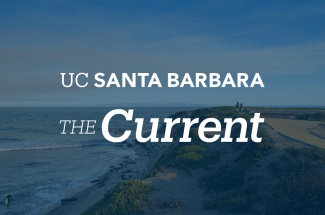
With a goal of restoring the site for the benefit of the public, UC Santa Barbara has received approval from the California Coastal Commission to initiate the demolition of the Ellwood Marine Terminal (EMT) tanks, pipes and facilities. The project follows the UCSB Cheadle Center’s restoration of North Campus Open Space, and its long-term management and ongoing restoration of Coal Oil Point Reserve.

Researchers in the United States and China have discovered a curious link between air pollution and suicide rates that prompts us to reconsider how to approach this issue. China’s efforts to reduce air pollution have prevented 46,000 suicide deaths in the country over just five years, the researchers estimate. The team used weather conditions to tease apart confounding factors affecting pollution and suicide rates, arriving at what they consider to be a truly causal connection. The results, published in Nature Sustainability, unearth air quality as a key factor influencing mental health.